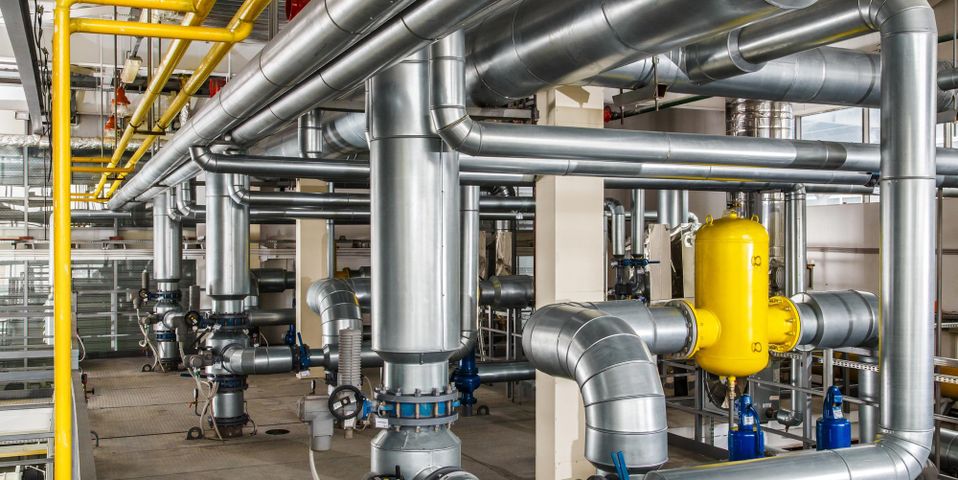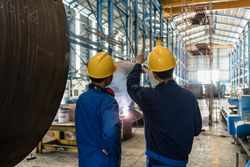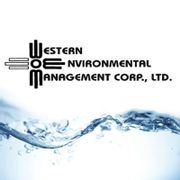A Brief Look at Industrial Boiler Water Treatment

An industrial boiler system heats up water to produce steam that is then used to generate power, provide heat, or humidify the work environment. Before this can happen, internal or external water treatment must occur to avoid the risk of boiler failure. The guide below looks at some of the methods utilized most often.
Why Is Boiler Water Treatment Important?
Water naturally contains minerals. Should untreated water be run through industrial equipment, these particulates can cause the water to transfer heat more readily. If the system overheats, it can result in costly repairs and unnecessary downtime. Additionally, these impurities could lower the water's pH, causing adverse reactions with steel equipment and pipes that result in premature replacements.
Internal Treatment
Internal treatment involves adding chemicals to the water to counter the effects of the impurities. For example, anti-scaling solutions help transform contaminants into crystals that will not interfere with the leftover water getting turned into steam. Phosphate dispersants soften hard water, meaning they replace calcium and magnesium ions with sodium.
Industries may also utilize oxygen scavengers—including sodium sulfite and derivatives of hydroxylamine and ascorbic acid—to remove dissolved oxygen, which can contribute to equipment corrosion.
When incoming water is too contaminated to be addressed by just internal water treatment, external treatment is also recommended.
External Treatment
Deaeration
 Deaeration is a process used to remove oxygen from water. In tray-type deaeration, water is pre-heated, then poured from one tray to another in a descending pattern inside a container that is also being pumped with purified steam. This steam attracts oxygen and carbon dioxide from the water, sending it in a different direction than the cleansed liquid.
Deaeration is a process used to remove oxygen from water. In tray-type deaeration, water is pre-heated, then poured from one tray to another in a descending pattern inside a container that is also being pumped with purified steam. This steam attracts oxygen and carbon dioxide from the water, sending it in a different direction than the cleansed liquid.
With spray-type deaeration, water is sprayed into the steam environment, which releases the gases and allows the deaerated water to fall into a series of seals and drains.
Membrane Contractors
With this method, hydrophobic membranes with microscopic pores allow gases and liquids to come into contact without mixing. As the pressure in the gases lowers, the dissolved gases are efficiently removed from the water. These membranes can be used in place of chemical agents or in conjunction with them for improved purity.
Regardless of your water treatment needs, turn to Western Environmental Management. For more than three decades, this Carlsbad-based company has offered effective water treatment solutions, such as boilers and water cooling towers, to clients throughout New Mexico and El Paso, TX. Visit them online for a full listing of services. Call (575) 885-5709 with questions.
About the Business
Have a question? Ask the experts!
Send your question

